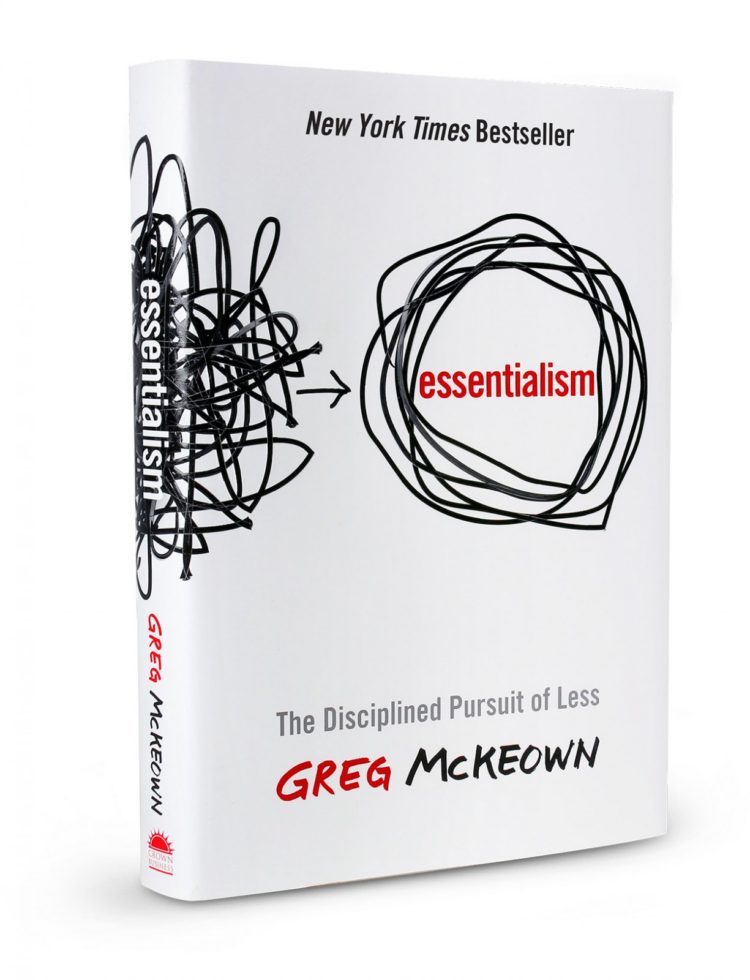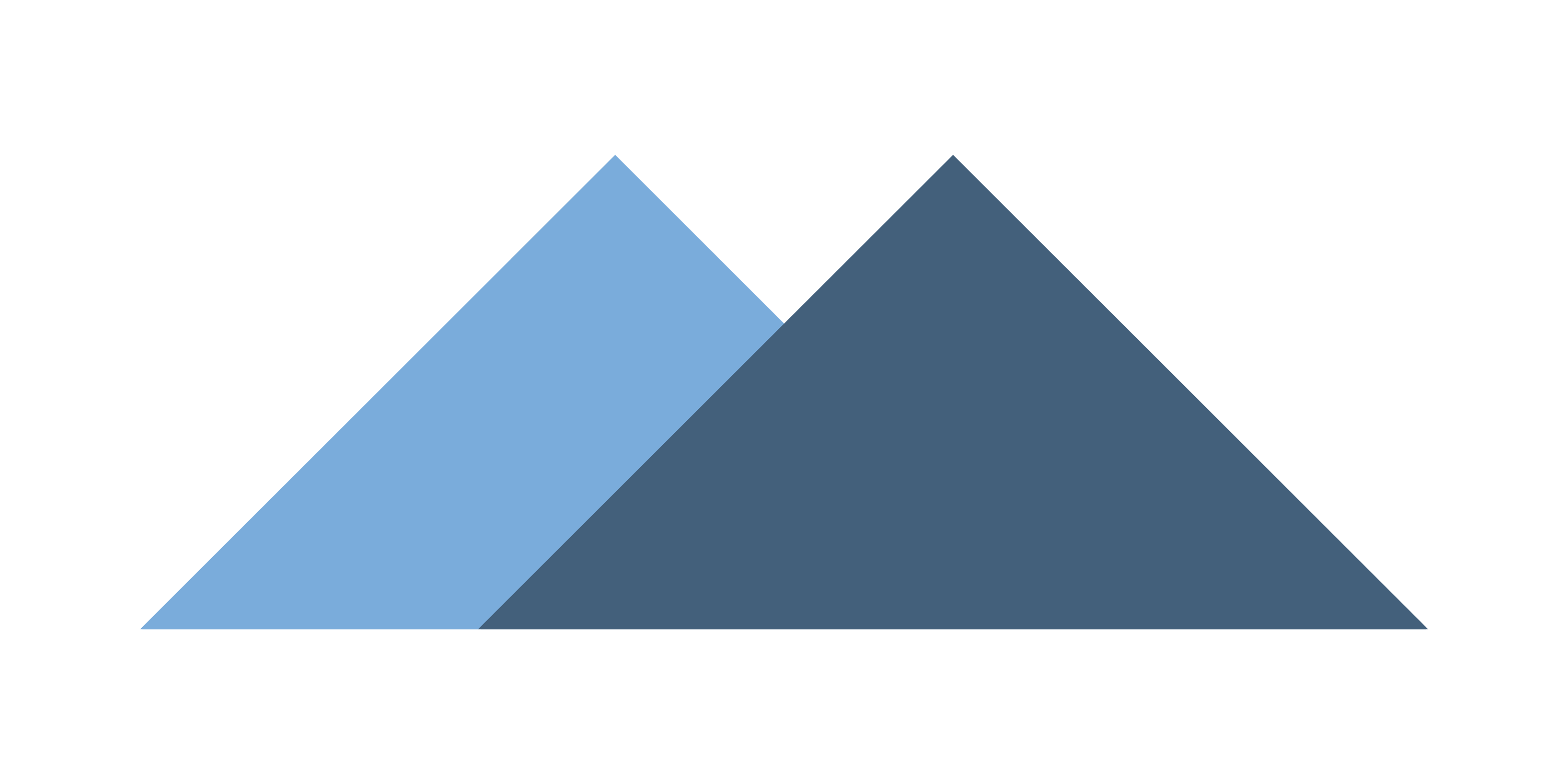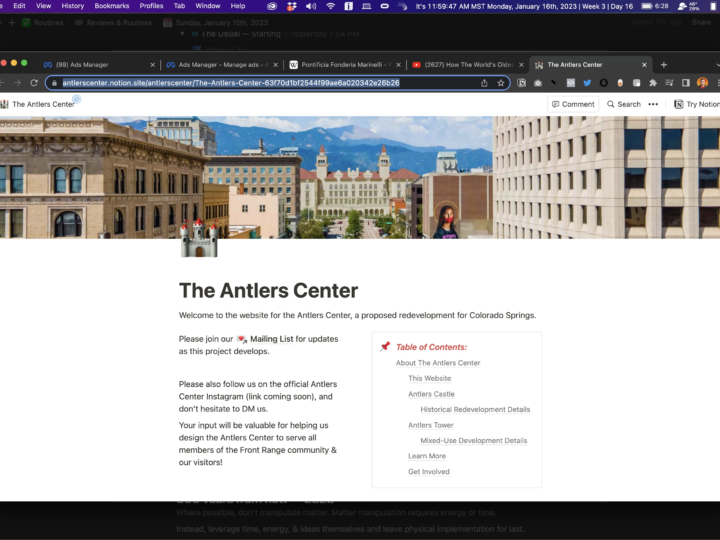Essentialism
The Disciplined Pursuit Of Less – By Greg McKeown
Remember in the video where I said “I used to think of my multiple-projects strategy like this, up until last year” – I forgot to finish that thought. I realize now that I’m a producer! My project diversification strategy is very similar to the way producers in hollywood work on multiple projects. All my projects tend to use the same skills (website building, online sales, photography, social media, networking, traveling) but in different ways – and so they build on each other quite well.

Anyway, down to the meat of the book. Essentialism is a valuable read because it reminds you of one of the weaknesses we all have: saying yes to projects we’re assigned.
We all feel compelled to say yes to other people’s requests (and deadlines) because we’ve been trained for the first 20 years of our life to do exactly that.
Unfortunately, many of us never realize what a blessing an honest “no” can be – and so Essentialism helps you determine what things you should be saying no to, and then equips you with skills and practices to effectively say no in a productive, kind, and helpful way that your employers and other people in your life will be thankful for.
We come out of school completely unprepared to manage our own schedule. You’ve experienced the visceral frustration of this if you’ve ever tried to manage your own schedule or start your own company. Once you’re no longer working for someone else, it becomes very hard to take your timelines and goals seriously.
The book opens by reminding us of these weaknesses, and then by exploring some ways to think your way around these weaknesses and develop strength in these areas.
Useful Questions To Ask Yourself
For example, when you have to choose between multiple ongoing projects, ask yourself:
“If I wasn’t already doing this, how much would I pay for the opportunity to have the experience?”
I asked a friend this question earlier this week. He was choosing between finishing his degree (and a summer abroad) or quitting school to start a company. This helped him think critically about which opportunity he actually valued, instead of what he just felt like he “should finish” (Sunk cost bias is a dangerous one!)
The author of essentialist says he borrowed this practice from a book that helps people clean their homes. It suggests you ask “If I didn’t already own this, how much would I spend to buy it?”
This quick change of perspective is extraordinarily powerful.
He goes on to explore more useful questions. If you’d like to narrow down your “purpose” or the one goal you should use to divine which opportunities to take up or turn down, but you don’t intuitively have the answer (who does?), he says you can ask these three questions:
What do I feel deeply inspired by?
What am I particularly talented at?
What meets a significant need in the world?
My Answers
Now, I don’t know about you, but I’m most inspired by people who change the way the world works for better. People who design systems, create paradigms, and open up whole new realms of problems to solve or opportunities to chase after.
I’m most talented at taking pretty pictures, asking unnecessary questions, and going where I don’t belong.
And the world needs people who can solve our biggest problems. Hunger, education, poverty, and so forth!
So where do those intersect? I think you’ll get a kick out of my life goals post, which just recently went up here on this blog!
Don’t let those answers distract you from your own truth. The author’s point is this: Your brain is a search engine. Whenever you ask it a question, it will give you an extraordinarily complex and specific result.
What questions are you really asking yourself?
So I can imagine some of you read those questions above and asked some of your own:
“How should I know?!”
“Why was this so easy for Steve to answer?”
“Why are other people always doing cooler things than me?”
Those are not healthy questions to be asking yourself. Like we just said, the questions you ask yourself receive complex, specific answers – so if you’re asking abusive, leading questions (which many of us do before we realize the power of our own minds!) you’re going to get abusive, defeating answers.
If instead you read the questions above without such criticism and answer them carefully and honestly, I think you’ll be quite surprised by the answers you come up with!
Because I was lucky to find amazing mentors early in life, I spend a good long time answering some version of these about 5 years ago. I imagined a plan for my life and set goals that I really cared about long term when I was only 19, and I’m now 24. I re-evaluate and refine them each year, and I’m never done.
Part of the reason I like this book so much is that it was a good step back to double check some of my previous answers and assumptions. You’re old when you decide you know things – so when I caught myself saying “I don’t need this book!” I shut that voice up and kept reading. I learned a lot (and was reminded of many great tools!) along the way, and I’m glad I read it.
You can buy Essentialism on Amazon here.
Thanks for the recommendation Rochelle!
Check out her video on the book:
My Notes
Here are my raw notes as I took them in Evernote, some of which I integrated into this post, and some of which may be useful on their own. Enjoy.
Being an Essentialist is easiest when you have a purpose.
School trains people to say yes to all assignments given them and finish them with poor time management
Being an essentialist makes sense when you have a purpose
The unpreparedness of people to manage themselves. The traditional struggle of entrepreneurship, first talked about by writers and priests.
“If I didn’t already own this, how much would I spend to buy it?”
We chose between a lot of good things or a few really great things.
We can use a framework from this book to apply essentialist restrictions to our decision making on a weekly, monthly, or yearly basis.
Your brain is a search engine. You can ask it questions and get extraordinarily complex and specific results.
Questions essentialist ask to determine the best path forward are:
1. What do I feel deeply inspired by?
2. What am I particularly talented at?
3. What meets a significant need in the world?
—
Focus is the space to ask many questions, not just one. Focus is not a reliance on a single focal point, but using our thoughts like our eyes, to scan and gain awareness about multiple focal points.
Linear time requires trade offs. You must prioritize the essential and great over the good and available.
Listen for what is not being said, instead of only reacting to what is being said, or thinking about what you should say.
Above all else, plan, defend, and fight for your ability to prioritize.
—
Non-essentials are like old clothes.
“If you’re not quite ready to part with your favorite awesome blazer, ask the killer question: “If I didn’t already own this, how much would I spend to buy it?” Likewise, in your life, the killer question when deciding what activities to eliminate is: “If I didn’t have this opportunity, what would I be willing to do to acquire it?””
—
Kairos: time, present, opportunity
—
Okay, end of notes. And yes, I’m renaming the daily-posts section of my website Kairos because of this book.
Want to know when new posts go up?
0 Comments
Leave a reply
You must be logged in to post a comment.




